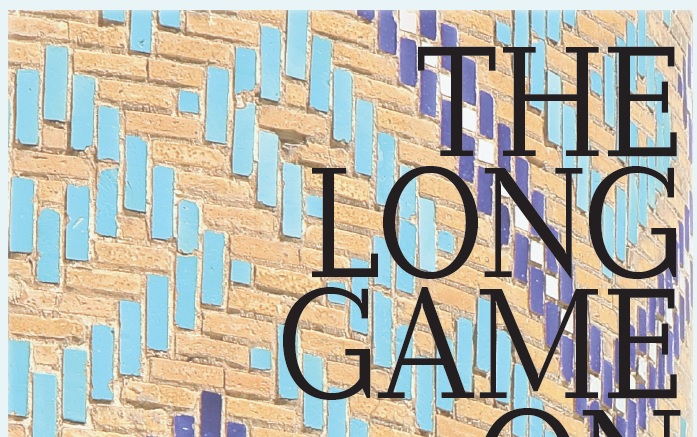CACI Forum: Economic Modernization in Uzbekistan under President Mirziyoyev
Economic Modernization in Uzbekistan under President Mirziyoyev
Since Shavkat Mirziyoyev became Acting President in September 2016, the Government of Uzbekistan has embarked on a series of far-reaching reforms in practically every area from foreign policy to governance and culture. A key element in the reform agenda has been the modernization of Uzbekistan’s economy. This Forum event marked the launch of another Silk Road Paper that analyzes this reform agenda. “Economic Modernization in Uzbekistan under President Mirziyoyev,” which was released on April 10, authored by Mamuka Tserereli.
The Forum event, moderated by CACI Chairman S. Frederick Starr, featured a summary of the published report, and commentary from representatives of the international financial institutions.
Speaker:
Mamuka Tsereteli, Senior Research Fellow, Central Asia-Caucasus Institute
Albert Jaeger, Mission Chief for Uzbekistan, IMF
David M Gould, Lead Economist, Europe and Central Asia Region, World Bank
Moderator: S. Frederick Starr, Chairman, Central Asia-Caucasus Institute
Where: The Middle East Institute, 1319 18th Street NW, Washington, DC 20036
When: Tuesday, April 10, 2018 from 4:00 pm - 6:00 pm
RSVP: Send to This email address is being protected from spambots. You need JavaScript enabled to view it. or follow the link to Eventbrite
CACI Forum: Mirziyoyev's Domestic Reforms, Year One: Judiciary, Governance and Civil Society
Mirziyoyev's Domestic Reforms, Year One: Judiciary, Governance and Civil Society
Since Shavkat Mirziyoyev acceded to power in the fall of 2016, a wave of reforms has affected every sector in Uzbekistan – ranging from the judiciary and governance to electoral matters and civil society. The Western press and even analysts have taken only superficial note of these reforms. But what is their actual breadth and depth? Can they actually be implemented? And what will they mean for Uzbekistan and the region?
CACI addressed these issues in a Silk Road Paper by Anthony C. Bowyer entitled, Political Reform in Mirziyoyev's Uzbekistan: Elections, Political Parties and Civil Society.
This Forum, moderated by CACI Chairman S. Frederick Starr, presented the findings of our authors Mjuša Sever and Anthony Bowyer and focused on reforms in the judiciary, governance, and civil society.
Be sure to watch the full recording of the event below.
Speakers:
Mjuša Sever, Director, Regional Dialogue, Tashkent, Uzbekistan.
Anthony Bowyer, Senior Program Manager, Caucasus and Central Asia, IFES
Moderator: Fred Starr, Chairman, Central Asia-Caucasus Institute
Where: The Middle East Institute, 1319 18th Street NW, Washington, DC 20036
When: Tuesday, March 6, 2018 from 4:00 pm - 6:00 pm
The Long Game on the Silk Road: US and EU Strategy for Central Asia and the Caucasus

CACI Forum Invitation: How US Aid Builds - and Undermines - the Afghan State
How US Aid Builds - and Undermines - the Afghan State
Dr. Nematullah Bizhan, author of Aid Paradoxes in Afghanistan: Building and Undermining the State, will present a disturbing critique of US and western aid to Afghanistan. Happily, he will also offer a prescription for fixing it.
Speaker:
Dr. Nematullah Bizhan, Research Fellow, Blavatnik School of Government, Oxford University and former Director General of Budget, Ministry of Finance, Afghanistan.
Moderator: S. Frederick Starr, Chairman, Central Asia-Caucasus Institute
Where: The American Foreign Policy Council, 509 C Street NE, Washington, DC 20002
When: Tuesday, February 20, 2018 from 12:00 pm - 2:00 pm
RSVP: Send to This email address is being protected from spambots. You need JavaScript enabled to view it. or follow the link to Eventbrite
Central Asia: Where did Islamic Radicalization Go?
By Svante E. Cornell
in Religion, Conflict and Stability in the Former Soviet Union, eds. Katya Migacheva and Bryan Frederick, Arlington, VA: RAND Corporation, 2018.


